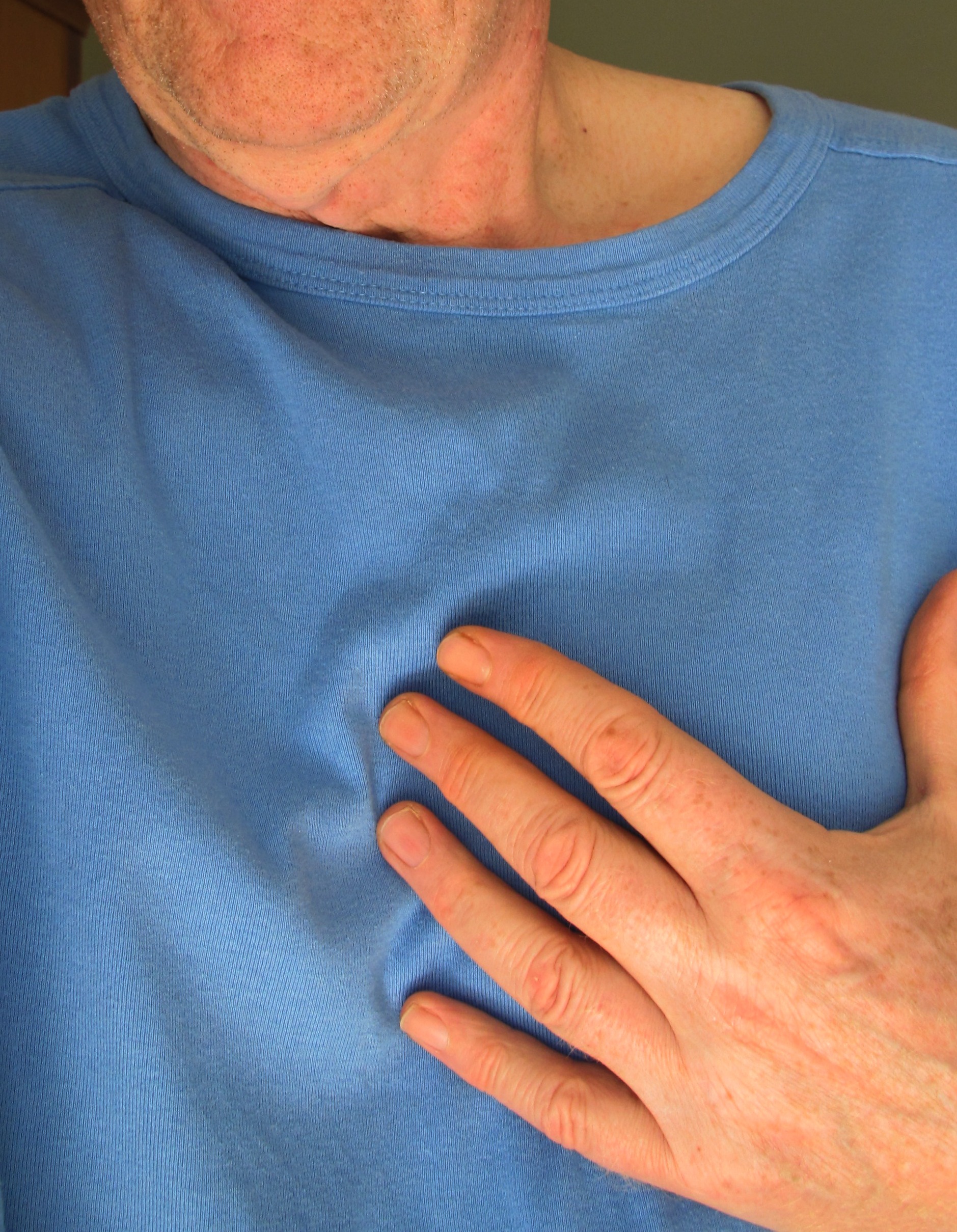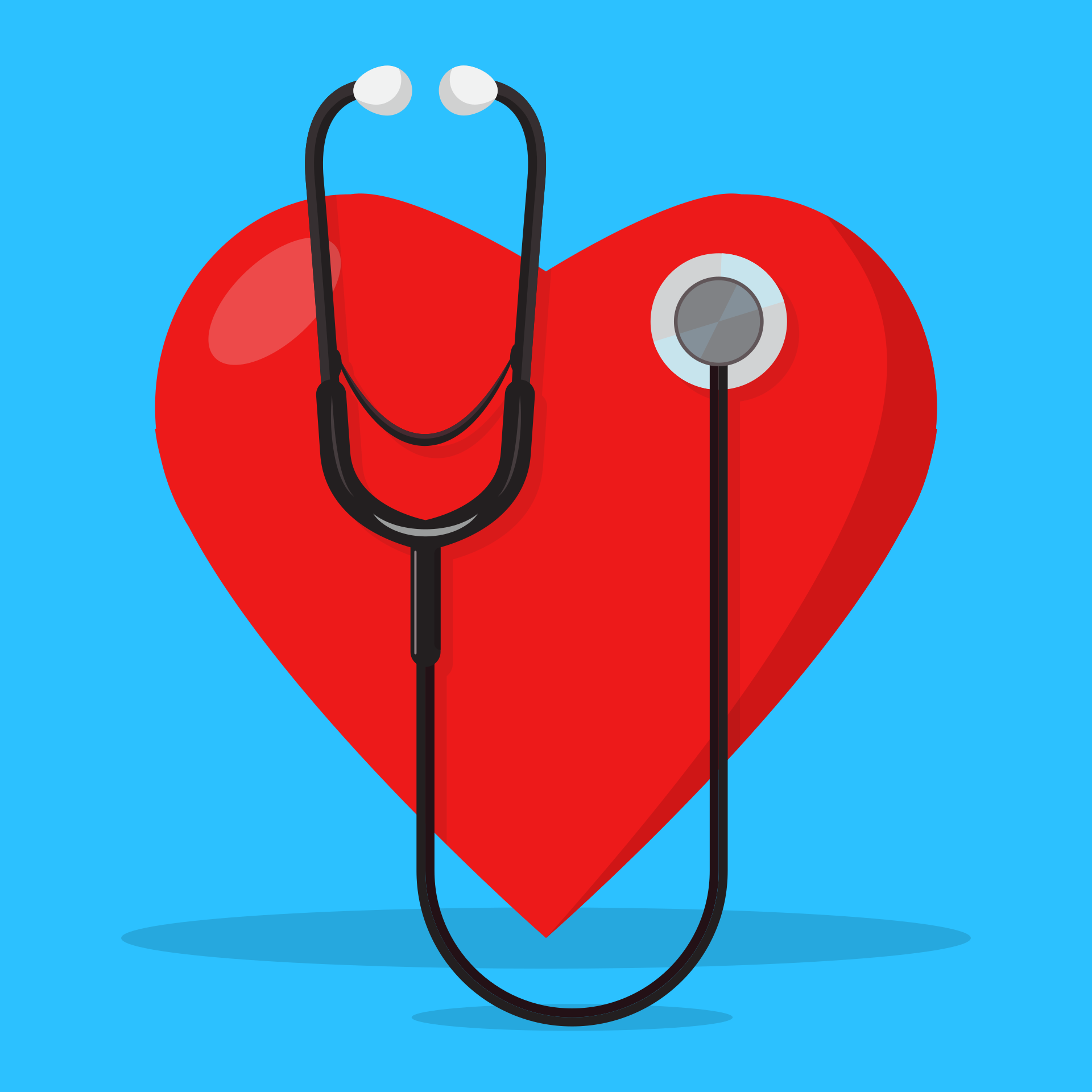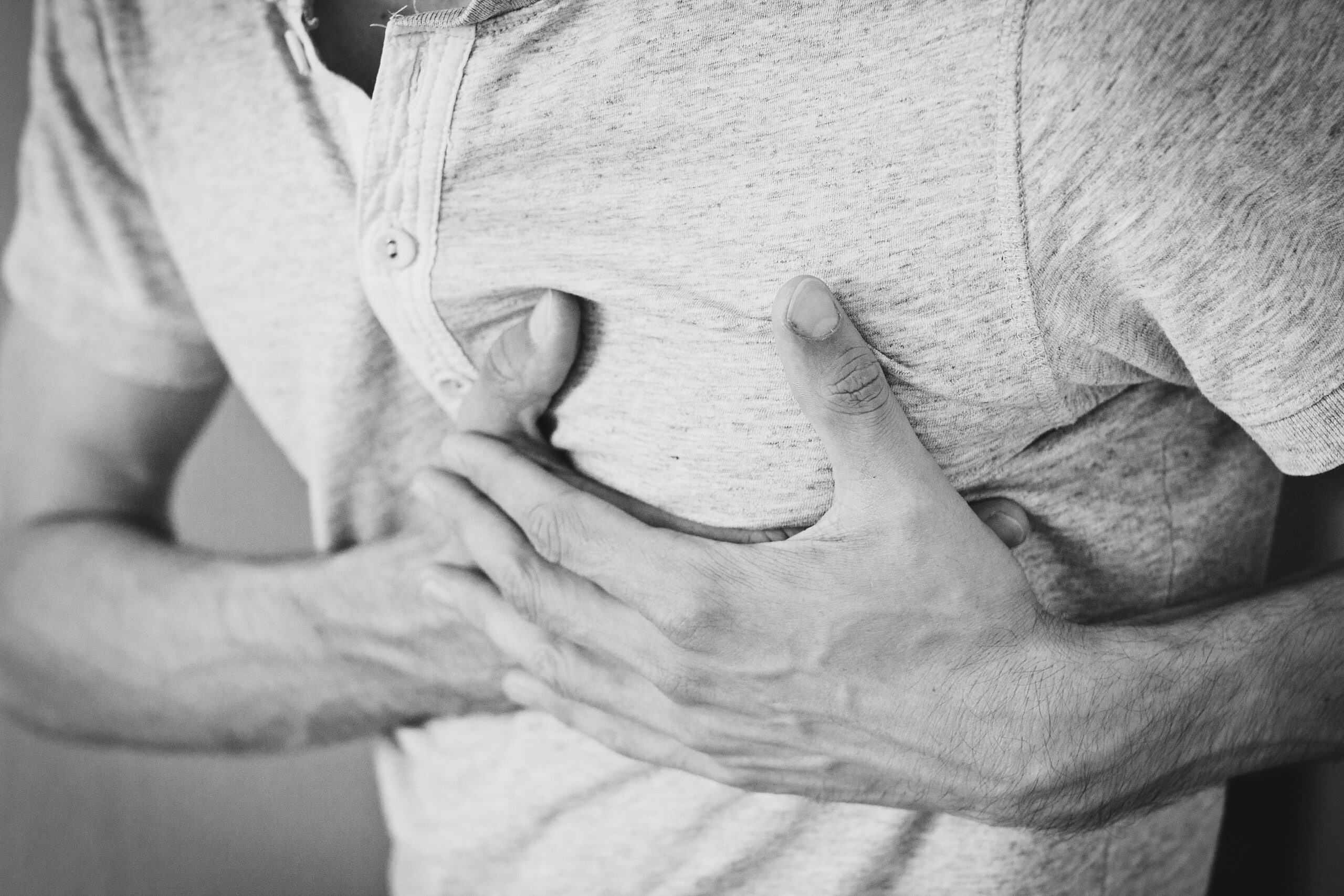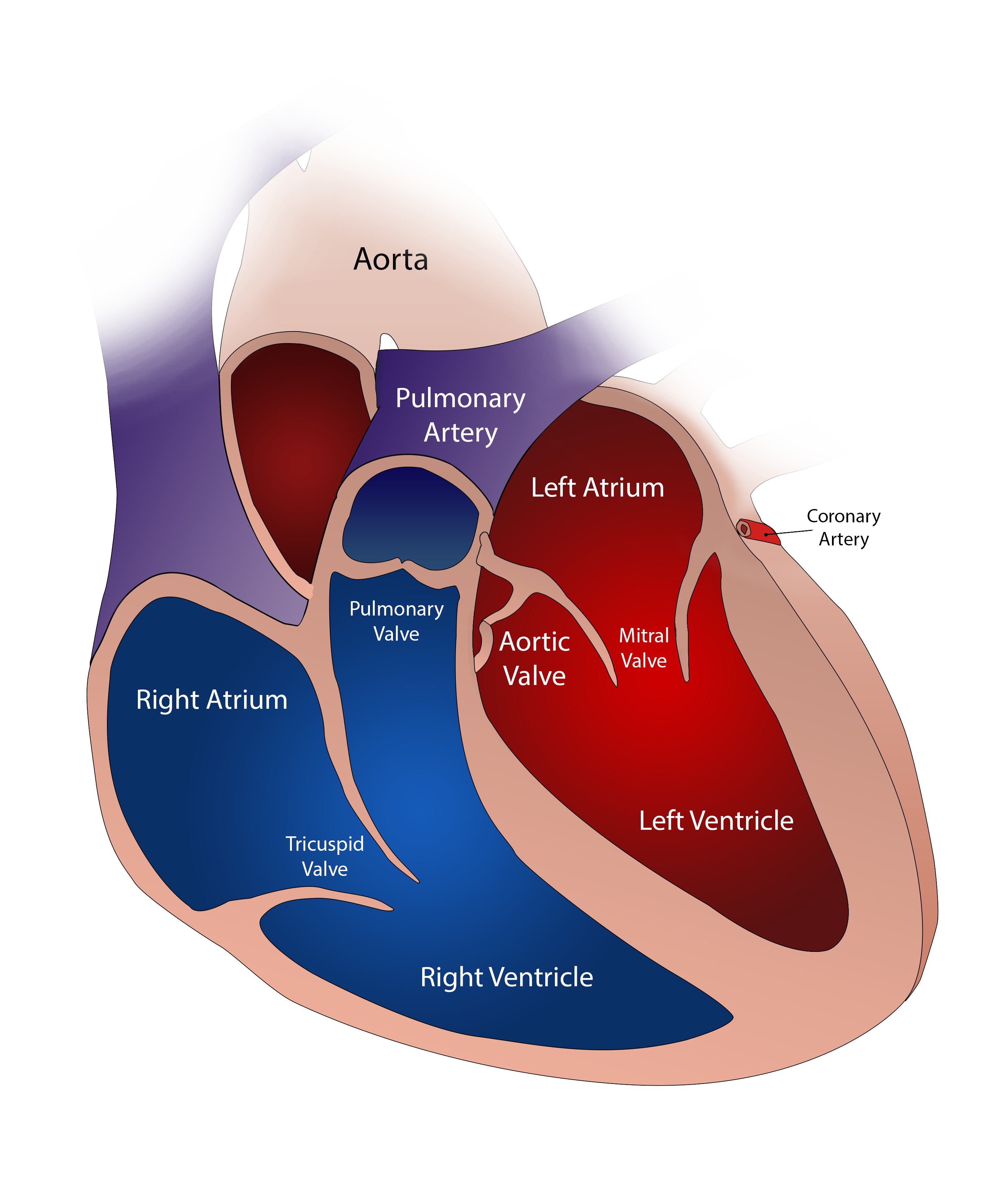Table of Contents
Heart Palpitations At Night- Do They Mean Something?
Heart palpitations since your heart are thumping, fluttering, missing a beat, or doing a flip within the chest. Heart palpitations at night usually are not harmful. Different factors can induce them, such as alcohol, caffeine, nicotine, anxiety, or hormones. Less frequently, they are generated from a disease such as a thyroid disease or heart disease.
Heart palpitations at night happen when you get the sense of a powerful pulse in your chest, head, or neck after you lay down in your bed. It is vital to mention that while these might be unsettling, they are generally standard and aren’t usually a sign of anything more severe.
If you rest on your side, you might also be susceptible to heart palpitations at night because your body curves and pressure builds up inside.
The most typical form of palpitation irrelevant to your heart happens when bending over. An expansion in abdominal pressure then reaches the esophagus, which is situated behind the heart’s left atrium.
Another aspect to contemplate when undergoing heart palpitations at night is that they may be happening throughout the day. Still, you are only catching them at night due to fewer noise levels and decreased distractions as you lie down in bed.
Heart palpitations at night- what do they mean?

You already have a brief idea of heart palpitation and why they occur. Here’s some more information for you to understand.
Heart palpitations can occur anytime, including at night or when you are lying down during the day. They can be dangerous, but they are not generally dangerous. Many people face similar heart palpitations during the day but do not generally notice as they’re busy.
Heart palpitations at night can be symptoms of severe health disorders, such as arrhythmia (irregular heart rhythm). If your heart constantly races when you lie down or sleep, you must see the provider for an assessment. Get support if you have heart palpitations and problems breathing, or chest pain.
How typical are heart palpitations at night?
Heart palpitations are highly common. They occur to many people across the day. But you are more likely to detect heart palpitations when you are not distracted. You may sense them when you’re resting still, sitting, or lying down.
Symptoms And Causes Of Heart Palpitations At Night
What are the primary symptoms of heart palpitations at night?
When you sleep at night or rest during the day, you might feel:
- Fluttering: A few people mention this sensation as a fluttery or flapping feeling in your chest. Your heart might feel like it’s performing some flips.
- Irregular heart rate: It may feel like your heart is pounding out of rhythm, missing a beat, slowing down, or speeding up. It can also appear as your heart jams for a second or two.
- Pounding: You may feel like the heart is beating extremely hard or forcefully—a few people who have heart-pounding mention that they can hear it pounding in their ears.
What causes heart palpitations at night?

Generally, heart palpitations do not cause any harm and do not result from an underlying health issue. They occur when the heart pounds out of rhythm or contracts (beats) excessively soon. Experts mention this as a premature atrial contraction (PAC) or premature ventricular contraction (PVC). Almost everyone has had a PVC or PAC for some time. But not everybody feels them.
A few people get heart palpitations when sleeping or resting down because of the position in which they lie down. Sleeping curved over on the side can raise the pressure within your body, giving rise to vibrations. Many additional common reasons for heart palpitations at night are:
- Anxiety, depression, and stress: Heart palpitations at night are common when you encounter a panic attack.
- Dehydration and electrolyte misbalance: Electrolytes are certain minerals within your that are responsible for controlling your rhythm.
- Drugs: drugs encompassing some diet pills as well as nasal decongestants that have pseudoephedrine causes palpitations. Nicotine can also induce heart palpitations.
- Extra weight and obesity: People who hold extra weight retain a higher threat of irregular heart rhythms and a heart condition.
- Fever
- Hormonal changes: Changes during menopause and transformations that happen to the body during gestation also lead to palpitations. Heart palpitations while you are pregnant are very familiar and usually harmless.
- Some meals and drinks, such as alcohol, caffeine, and sweet chocolate: Foods that are elevated in carbohydrates, sugar, sodium (salt), or fat can direct to heart palpitations.
Less commonly, heart palpitations are induced by a health disease or disorder, including:
- Anemia (low red blood cell enumeration).
- Heart illness, including heart failure, heart attack, or cardiomyopathy.
- Heart rhythm issues (arrhythmias) comprise atrial fibrillation (Afib), bradycardia (slow heart rate), and tachycardia (fast heart rate).
- Hypoglycemia (low blood sugar).
- Hypotension (low blood pressure).
- Metabolic syndrome.
- Myocarditis is swelling of the heart’s muscles generated from a viral illness.
- The thyroid issues, such as hyperthyroidism.
- Structural concerns in the heart, such as valve disease.
Tests and diagnosis for heart palpitations at night
How do healthcare experts analyze heart palpitations at night?
Your provider may ask about the symptoms and hear about your heart rate. They might suggest a blood test (also called complete blood count or CBC) to examine for anemia or disease. A blood test can also reveal signs of a vitamin shortage or an issue with your thyroid.
They might also perform an electrocardiogram (EKG or ECG) to inspect the heart rate. This test calculates your heart rate with sensors that connect to your skin. They might ask you to lie down while taking the test, which takes approximately 15 minutes.
Many times, the EKG misses heart palpitations. You may not have an uneven heartbeat while taking the test. The provider might suggest an ambulatory electrocardiogram like a Holter monitor if this occurs. You wear the device for nearly a week as you perform your everyday activities. It registers your heart rate (and any uneven heartbeats) and caches the information for your expert to review.
Treatment and management for heart palpitations at night

How do I control heart palpitations at night?
Most of the time, heart palpitations at night do not need special treatment, mainly if they only occur occasionally. You might be able to get rid of heart palpitations at night yourself. If your heart is racing at night, you must:
- Take deep breaths: Try pursed-lip breathing strategies, including long, deep breaths. You can even meditate and try different relaxation techniques to decrease stress.
- Drink a glass of water: If you feel dehydrated, your heart needs to work harder to pump blood.
- Rollover or get up and walk nearby: A shift in position may be all you require to avoid heart palpitations. Try moving over in bed, sitting up, or reaching for a short walk roughly in the room while taking in-depth breaths.
If a health disorder is compelling palpitations, the provider will minister the condition. Treatments differ based on the underlying cause. Sometimes, experts prescribe a type of medication known as beta-blockers to minister palpitations. These drugs slow the heart rate and relieve palpitations.
How to prevent heart palpitations at night
Can I dissuade heart palpitations at night?
You might not be able to stop heart palpitations at night, but you can reduce your risk. You must:
- Avoid sipping too much booze or caffeine, particularly before bed. If you smoke, speak to the provider about a method to cease smoking.
- Avoid eating a big meal (predominantly foods enriched in fat, salt, carbs, or sugar) immediately before going to bed.
- Get therapy for anxiety or depression. Talk to the provider regarding antidepressant medication and treatment.
- Take measures to relieve stress on a daily basis. Try meditation, diaphragmatic breathing, yoga, and other relaxation methods.
- Preserve a healthy weight. If you have extra weight or are obese, ask your expert about a good weight loss plan.
Outlook and prognosis for heart palpitations at night
What is the outlook for people with heart palpitations at night?
Most people having heart palpitations at night do not need treatment. If palpitations keep occurring from time to time, they are not usually dangerous. Many people see relief from heart palpitations at night after changing their lifestyle and diet habits. These changes might include bypassing alcohol and managing anxiety.
If you suffer heart palpitations from thyroid disease, heart problem, or other health conditions, speak to your provider about the prediction. To reduce your symptoms, your provider will minister the condition causing them.
Living with heart palpitations

When should I visit my healthcare provider regarding heart palpitations at night?
If you suffer frequent heart palpitations while resting or lying down, you must plan a visit with the provider. Most of the time, heart palpitations at night are not dangerous. But it’s essential to see your provider to be sure they are no indications of a severe health problem.
Get help straight away if you have heart palpitations as well as other conditions like:
- Chest pain and discomfort.
- Problem breathing, shortness of breath, or different breathing difficulties.
- Dizziness and confusion.
- Fainting (syncope)
- Loss of consciousness.
- Severe inflammation (edema) in the limbs, particularly your legs, feet, and ankles.
- Unusual or hasty fatigue.
You must also seek medical attention if the fitness machine alerts you of a heart rate of more than 100.
The Bottom Line
If you usually have heart palpitations at night, speak to your provider. Although most heart palpitations are not something to be worried about, you must schedule an evaluation. You can decrease your risk of heart palpitations at night by consuming the right food, avoiding alcohol and nicotine, and remaining away from caffeine before jumping to bed.
Try meditation and yoga to decrease stress and help you unwind. Get help straight away if heart palpitations, dizziness, chest pain, or shortness of breath occur.


